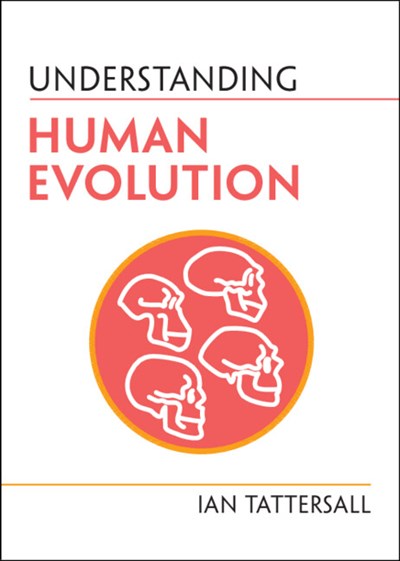'For years, Ian Tattersall has been the go-to source for the latest facts and interpretations of human evolution. Here, in his clear, pithy style, he brings us up to date on the latest discoveries, weaving them skillfully into a coherent outline of hominid history extending back millions of years. It's all here-from the latest on DNA and radiometric dating of fossils, to the nature and origin of the still-mysterious self-consciousness that is unique to modern humans. A terrific resource and wonderful read!' Niles Eldredge, Curator Emeritus in the Division of Paleontology, American Museum of Natural History, USA

